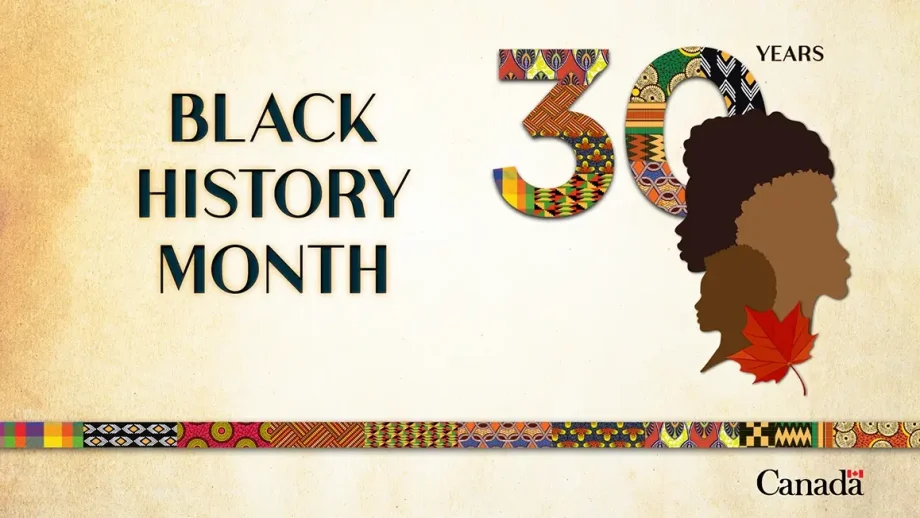WINNIPEG, MB – Just how effective school and community programs are in reducing homophobic bullying of lesbian, gay, bisexual and transgender (LGBTQ) – and straight – youth is the focus of a $2-million, five-year study, funded by the Canadian Institutes of Health Research (CIHR). To date, it is the agency’s single largest investment aimed at improving health and school outcomes for sexual minority youth. The University of Winnipeg’s Dr. Catherine Taylor, Professor, Faculty of Education and Department of Rhetoric, Writing & Communications, will lead one of the five study projects
“We have finally reached a moment in history where there is some movement on the issue Lof LGBTQ students’ right to a safe and respectful education,” said Dr. Taylor, who will conduct a national inventory of programs and policies to foster school connectedness and reduce bullying in school districts across Canada. “Several years ago it was difficult to get most school divisions to implement our national climate survey on homophobia in Canadian schools. Now there seems to be broad-based willingness among many teachers, principals, and school divisions, and some Ministries of Education to tackle the problems we uncovered in our project report, Every Class in Every School.” (available at egale.ca) Taylor points out that, for example, at least four of the six school divisions in Winnipeg are now actively working on this issue. In May, Dr. Taylor will be the keynote speaker for the Ontario English Catholic Teachers Association representing 45,000 teachers. The Manitoba Teachers Society has signed on as a full partner for the “Every Teacher” project, her new study of Canadian Teachers’ Experiences and Perceptions of LGBTQ-Inclusive Education, which is funded by the Social Sciences and Humanities Research Council of Canada.
Grant P.I. Elizabeth Saewyc (UBC) explains that “Schools and communities are using many different strategies to combat homophobia, but very few of these strategies have been evaluated, to see not only if they work, and how well they work, but why they work. This study will provide us with important data to reach teenagers in an effective way.”
Researchers from 10 universities – representing seven Canadian provinces and several US states – are co-investigators on the national study.
The study is funded by CIHR’s Institute of Population and Public Health and Institute of Gender and Health and will continue through 2016.
The Canadian Institutes of Health Research (CIHR) is the Government of Canada’s health research investment agency. CIHR’s mission is to create new scientific knowledge and to enable its translation into improved health, more effective health services and products, and a strengthened Canadian health care system. Composed of 13 Institutes, CIHR provides leadership and support to more than 14,100 health researchers and trainees across Canada.
– 30 –
MEDIA CONTACT
Diane Poulin, Communications Officer, The University of Winnipeg
P: 204.988.7135, E: d.poulin@uwinnipeg.ca




